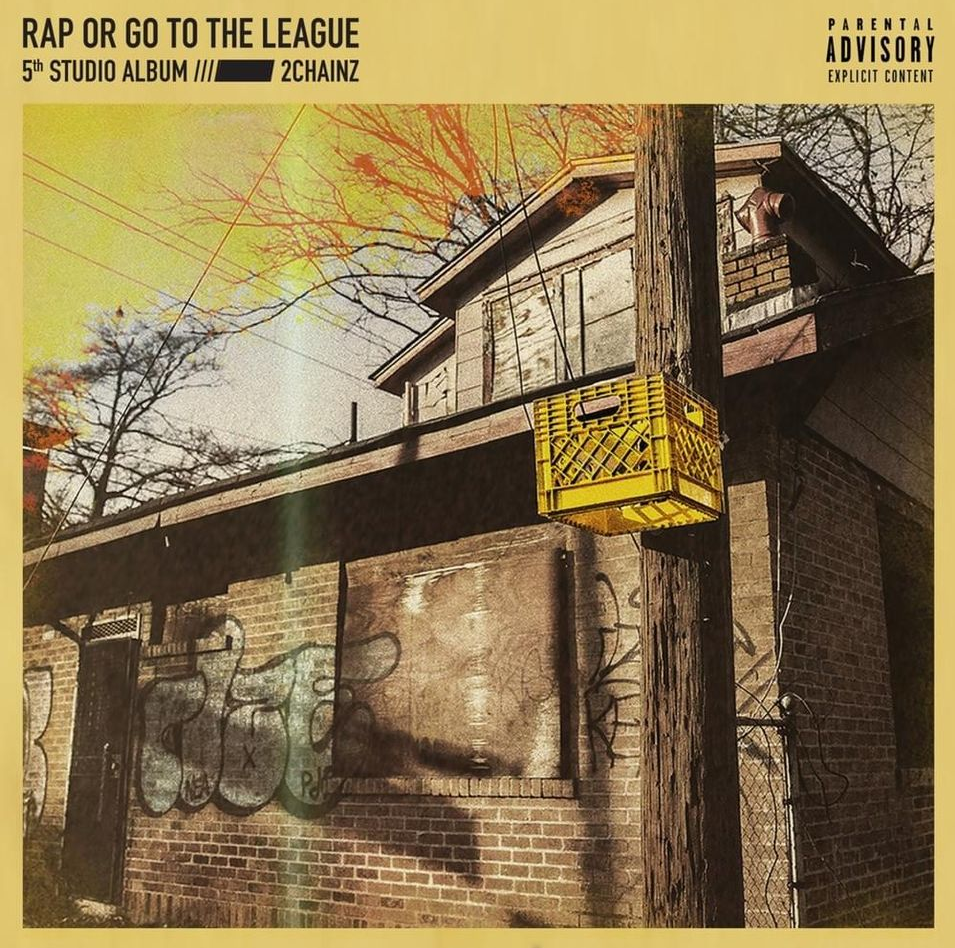Posted at 00:49h
in
Music,
Review
 Solange ran up on us with a new album this past week, and the rollout was phenomenal. The album, titled When I Get Home, is a follow-up to 2016’s A Seat at the Table and sticks to its theme of pro-blackness. Sonically, however, it attempts to chart new territory.
Solange ran up on us with a new album this past week, and the rollout was phenomenal. The album, titled When I Get Home, is a follow-up to 2016’s A Seat at the Table and sticks to its theme of pro-blackness. Sonically, however, it attempts to chart new territory.
The album starts of with “Things I Imagined,” which amounts to a prelude. It’s less than two minutes long consists of Solange repeating the same line for most of the track. The next track is “S McGregor,” a 16-second interlude that features an excerpt of a poem by Phylicia Rashad and Debbie Allen.
“Down with the Clique” is a jazzy mid-tempo that isn’t necessarily bad, but doesn’t quite jump at you either. It sounds like background music in a blaxploitation movie.
“Clique” is followed by “Way to the Show,” which is arguably the album’s strongest track. Solange offers the album’s biggest vocal performance so far over a beat that almost sounds like a Timbaland production. The track is followed by another interlude, “Can I Hold the Mic,” which features a mid-2000s clip of Princess and Diamond from Crime Mob.
“Stay Flo” — much like “Way to the Show” — sounds like another Timbaland production. It’s very reminiscent of Missy Elliott’s “The Rain (Supa Dupa Fly)” and the ad libs in the background actually sound like Timbo, but it’s actually a Metro Boomin production.
“Dreams” is another track that feels like an interlude even though it isn’t identified as such. The song was produced by Christophe Chassol, Earl Sweatshirt, John Key, Dev Hynes, Jamire Williams and Solange, and will remind you of A Seat at the Table perhaps more than any other on the album. It is followed by another interlude, “Nothing Without Intention.”
“Almeda” is all about black pride and features uncredited additional vocals from The-Dream and Playboi Carti. Produced by John Carroll Kirby, Pharrell Williams and Solange, the song is drum-heavy and I mean that in the worst way possible. It is easily the worst song on the album.
Solange and Sampha reunite on the sparsely produced “Time (Is),” which includes additional vocals from Tyler the Creator and Panda Bear. The song is in keeping with the repetitive nature of most the album, but if you enjoy a piano-driven ballad with a simple melody, you’ll probably appreciate this track.
“My Skin My Logo” is a song that could’ve been great if the entire track sounded like the last minute of the song. Prior to that, we have two rap verses from Solange and Gucci Mane that probably should’ve been shorter. The track ends with what sounds like a climaxing Solange and is followed by yet another interlude, “We Dealing with the Freak’n,” which features a clip of OG sex expert Alexyss K. Tylor.
“Jerrod” is another standout track. It sounds different (i.e. “experimental”) without feeling forced, which is an unfortunate feeling you will get from more than a few tracks on this album. It is followed by “Binz,” co-written by Solange and The-Dream. From a lyrical standpoint, it is probably the most quotable, with Solo sing-rapping that “Dollars never show up on CP time.”
“Beltway” is another interlude disguising as a song, followed by actual interlude, “Exit Scott,” which includes an excerpt of a poem recital by Pat Parker.
“Sound of Rain” is another track that sounds like something Timbaland made, but it is actually a Solange, John Key and Pharrell co-production. On the track, Solange sings that “nobody dress can effeminate” her, which I still don’t fully understand. Overall, it’s an interesting track.
The album’s final interlude (“Not Screwed!”) is followed by it’s final song, “I’m a Witness,” which is short enough (at 1m 52s) to be an interlude. But the good news is that Solange sends us on our way with a beautiful vocal performance.
When I Get Home is a very experimental project, and unfortunately, this is what happens to many artists following up a critically acclaimed body of work. Sometimes, the experiment produces amazing art; other times, it produces trash. When I Get Home gives us a little bit of both, and quite frankly, the hipster-types that live for experimental music will eat it up.
Album rating: 7 out of 10 stars.




